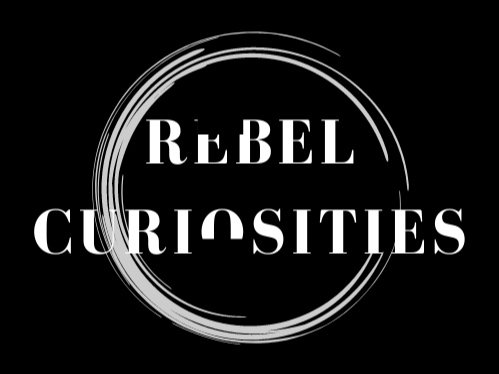Episode 04: The Dark Side of Curiosity - And How To Better Connect
Curiosity is a wonderful trait for connecting with people - but what happens when the other person get a little too inquisitive and starts asking questions that feel like an interrogation?
Or someone you’ve never met before immediately gets too inquisitive about your life and wants to know everything - just to satisfy their own personal curiosity? Or worse, use the curiosity against you in conversations you aren’t prepared for - especially for social media?
I speak with Lisa Partridge, a communications specialist and founder of SIXCOMMS consultancy, which runs training programs for professionals looking to improve their communication skills. She runs “Connect and Reflect’ workshops, which encourage participants to get curious about their own goals and motivations, as well as the barriers that are holding them back.
Lisa describes herself as a “learning curiosity magpie”, constantly learning and looking at what others are talking about to expand her own practice and craft. She shares the insights from the book “The Squiggly Career”, by authors Helen Tipper and Sarah Ellis, who wrote about “meerkat moments” - doing small things that inspire curiosity to bring about the big changes.
“For me, rebel curiosities is about poking your head up every now and again, consistently, seeing who else is talking... and not being afraid that it’s someone that has a different background or works in a different industry.””
She believes deeply in having both connection and curiosity as the perfect partners for great communication. Yet we also have been through instances where the inquisitiveness of others have just felt too intrusive. Where do we draw the fine balance? In this episode, we ponder on the dark side of curiosity and how to get the art of curiosity right for authentic and genuine connections.
-------------------------------------------------------------------
Key topics in this episode:
Her experience with a neighbourly curiosity, which quickly became quite intrusive
How her own empathy and trust with others came from discomfort and self-growth
Listening is a powerful tool - sometimes more so than asking questions - to curiosity
Why “imposter syndrome” could be a barrier to authentic curiosity
How physical rituals/activities can help to psych one up for an open conversation
Her thoughts on navigating language, biases as the dark side of curiosity - especially on social media
How the concept of "meerkat moments" from the book, The Squiggly Career by Helen Tipper and Sarah Ellis, is her inspiration behind small acts of curiosity
-------------------------------------------------------------------
You can find more about Lisa here:
Podcast: https://www.sixcomms.org/podcast
Email: lisa@sixcomms.org
LinkedIn: https://www.linkedin.com/in/lisasing
Listen to the episode here:

